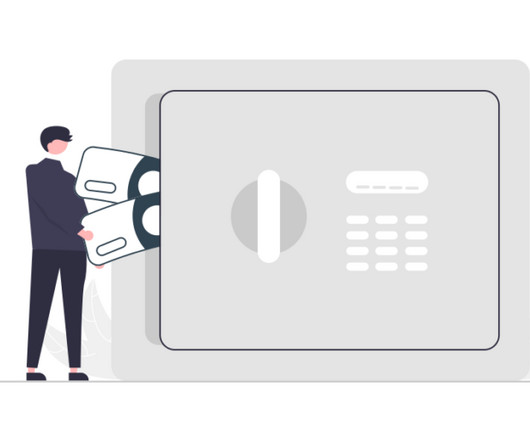The Anatomy of a Credit Card Transaction
Clearly Payments
MARCH 14, 2025
Stage 2: Authentication and Security To prevent fraud, security measures are incorporated: EMV Chip Technology : EMV chips provide dynamic encryption for each transaction, making it harder to counterfeit cards. Tokenization : Converts sensitive card data into a unique token, reducing the risk of data breaches.




















Let's personalize your content